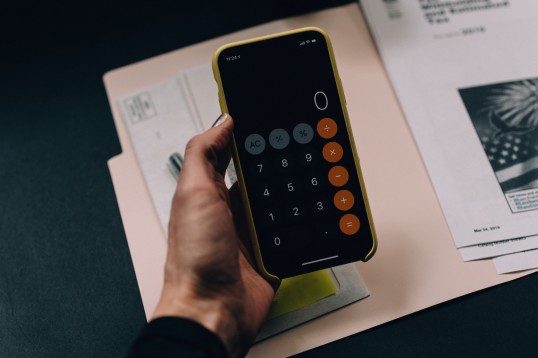If you balk at the thought of following a budget, it may be that you’re worried about how to cope with spending restrictions or mourning what you’ll have to give up.
But creating and sticking to a budget is not about self-denial. Instead, it’s a tool that helps you manage your income, save money, eliminate debt, and achieve financial goals. Thinking about the positive outcomes will help you look on the bright side of budgeting.
Consider these facts and benefits to help change your perspective.
Everyone Needs a Budget
Everyone should have a budget, regardless of income. However, over half of respondents in a 2021 Penny Hoarder survey said they didn’t think a budget was necessary, and 56% said they didn’t know what they spent the previous month. Aimless spending can lead to a shortage at the end of the month, increasing debt.
Creating a budget builds a roadmap toward attaining what you want, and sticking to the plan moves you forward. That’s why resisting impulse buys and curbing spending to channel extra funds toward savings is not self-denial but steps toward achieving your dreams.
Budgets don't have to be complicated
Setting up a budget is easier than you may think.
For example, the 50/30/20 rule is a simple method. You designate 50% of your net income for needs, 30% for wants, and 20% for savings and paying off debt.
Zero-based budgeting and the envelope system are two other popular systems.
Tracking Expenses Makes You Aware of Spending Habits
Tracking expenses makes you aware of where your money is going. By categorizing and recording all your bill payments and purchases, you can see exactly where you spend your paycheck and identify and reduce overspending habits.
You don’t have to be a math whiz to do this. Write down everything in a notebook or use an Excel spreadsheet or budgeting app to track money as it comes in and goes out.
Building an Emergency Fund Helps Cover Unexpected Expenses
If an unexpected $400 expense pops up, 11% of adults say they would not be able to cover it by any means, and 14% say they would pay for it with a credit card, according to the Federal Reserve’s Economic Well-Being of U.S. Households in 2021.
Car repairs, medical bills for illnesses or injuries, and HVAC system replacements are prime examples of unforeseen expenses that can impact your bank account.
Photo credit to Kelly Sikkema / Unsplash

